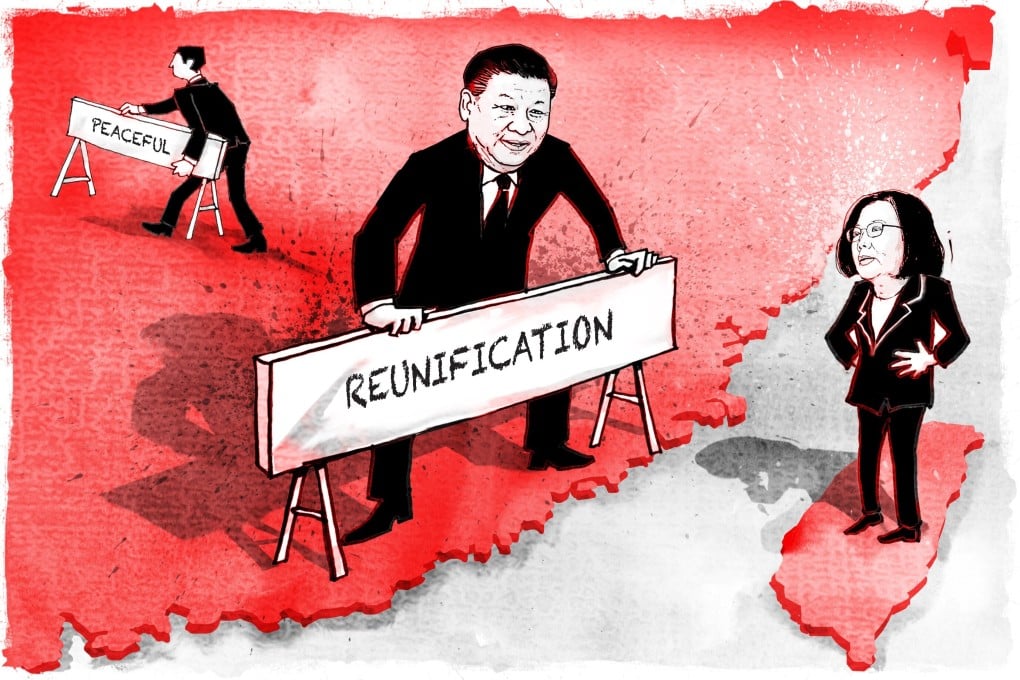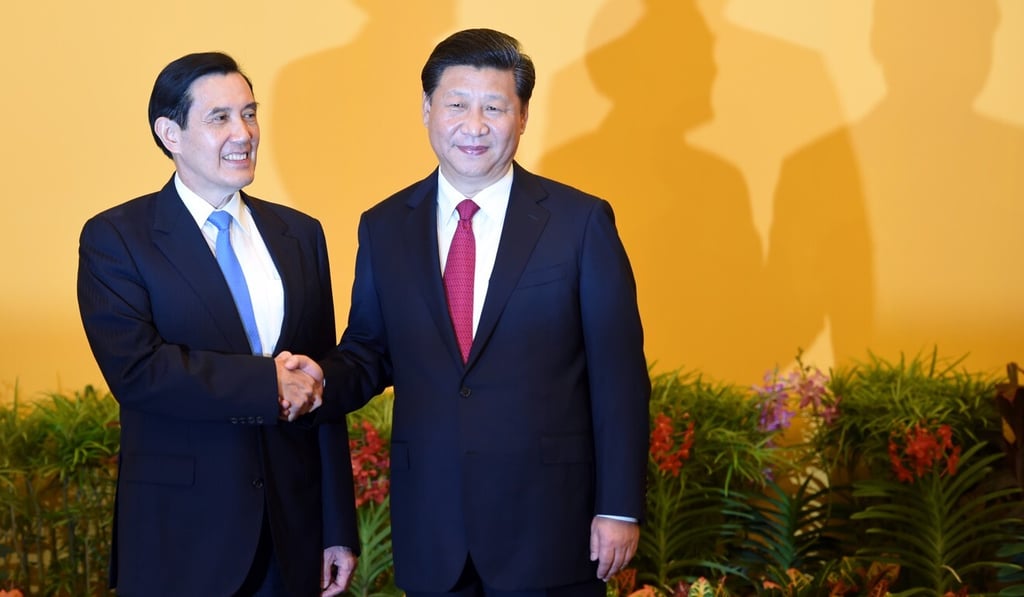Taiwan issue, risk of conflict loom large for Beijing’s political elite
- Democratic island expected to be front of mind at ‘two sessions’ meetings as mainland ramps up its pressure campaign
- Rhetoric and military intimidation is set to continue, while across the strait public sentiment has further hardened against the Chinese government

China’s political elite will gather in Beijing this week for the year’s biggest legislative set piece facing a number of major political challenges, including the aftermath of the coronavirus and the ongoing rivalry with the United States. In this latest article in a series looking at the key items on the agenda, we examine relations across the Taiwan Strait.
It is hard to imagine that just over five years ago, the leaders of China and Taiwan shared a dinner together in Singapore.
There has been no official dialogue between the leaders across the Taiwan Strait since, as Beijing has insisted that talks cannot happen until the Tsai administration accepts the “1992 consensus”, or a political understanding that there is only one China with different interpretations on both sides as to what constitutes “China”. Beijing has vowed to bring Taiwan under its rule, by force if necessary, after Chiang Kai-shek’s defeated Nationalist force fled to the island following the Chinese civil war in 1949.
